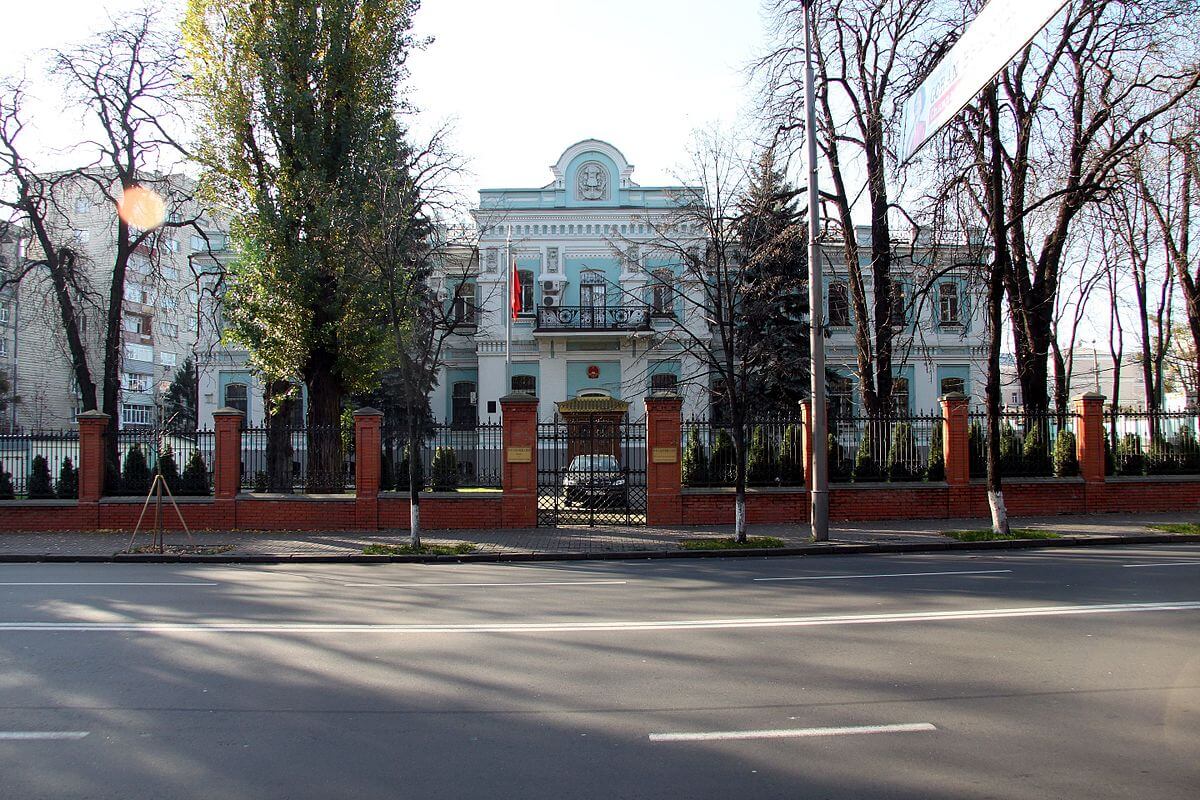After facing criticism from Western media for delaying evacuation efforts, China began the repatriation of its citizens residing in Ukraine on Monday as fears grow over their safety.
According to the Chinese Embassy in Kyiv, around 6,000 Chinese nationals currently reside in Ukraine for work or study. Chinese state-owned media house Global Times reported that the evacuation is one of the largest in China’s history.
Over the last two days, the Chinese embassy in Ukraine has managed to arrange the departure of 2,300 citizens. Of these, about 2,200 travelled in buses escorted by embassy staff and local police forces and escaped to neighbouring countries such as Romania (via Moldova), Slovakia, and Poland. From there, the evacuees will board charter flights back to China.
The remaining evacuees are leaving the war-torn country by train, which is still considered to be among the safest ways out. The Chinese embassy has also arranged food and water for the evacuees.
China has safely evacuated the first batch of some 400 Chinese students from Odessa, Ukraine on Monday, and 200 others from Kiev. #UkraineTensions pic.twitter.com/kwOM3WBVf8
— Global Times (@globaltimesnews) March 1, 2022
Beijing’s embassy in Kyiv had initially urged citizens evacuating the country to attach a Chinese flag to their vehicles. However, it reversed its decision after unverified social media reports emerged of rising hostility towards Chinese citizens.
The evacuation efforts began after Chinese Foreign Minister Wang Yi held a phone call with his Ukrainian counterpart Dmytro Kuleba on Monday. During their teleconference, Wang stressed that “harms done to civilians, in particular, must be prevented, and the safe and timely access of humanitarian assistance should be ensured” by Ukraine.
Although Beijing has continued to avoid condemning its ally Russia for the crisis, Wang claimed that China has “always advocated respect for the sovereignty and territorial integrity of all countries.” Wang also asserted that “the security of one country should not be achieved at the expense of the security of other countries, and regional security can not be achieved by expanding military blocs” and that China “supports all constructive international efforts” for the political resolution.
The FM, however, clarified that China is “deeply grieved” to see the conflict unfold and that its current position focused “on ensuring the safety of Chinese citizens in Ukraine.” In this regard, he urged Ukraine “to assume its due international responsibilities” in relation to ensuring the safety of Chinese citizens in Ukraine. Wang also appreciated Ukraine’s arrangement of special trains for the evacuation.
Over the course of the conflict, the Asian giant has diplomatically extended his support for Russia’s all-out invasion of Ukraine. Speaking with his Russian counterpart Sergey Lavrov last week, Wang affirmed that the Chinese government “understands Russia’s legitimate concerns on security issues.” Referring to the West’s combined criticism of the invasion, Wang said that China is opposed to a “Cold War mentality,” which he said “should be completely abandoned.” China also abstained from voting on a United Nations Security Council resolution that condemned the Russian invasion and called for a withdrawal of its troops.

